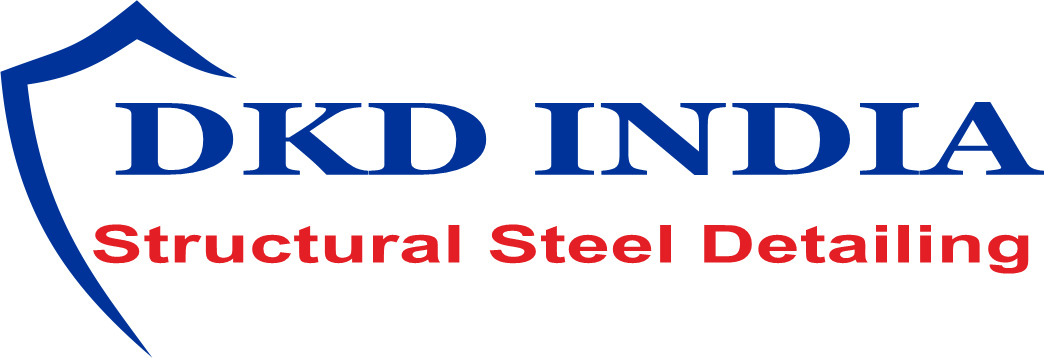Construction Bookkeeping Services are essential for streamlining financial management in the construction industry. These services focus on managing budgets, tracking expenses, processing payroll, and ensuring accurate job costing for projects of all sizes. Specialized bookkeeping helps contractors, builders, and construction firms maintain compliance with tax regulations, monitor cash flow, and make informed financial decisions.
Efficient Payroll Management
- Moreover, this is also something that you need to bear in mind, as the knowledge and skill set required are not time-sensitive.
- Contract prices and project durations are two distinctive features of the construction sector.
- Professional bookkeepers ensure that all compliance issues are met, and they help maintain accurate records for audits or regulatory checks.
- Accurate estimates of the completion percentage are vital to ensure that revenue is reported fairly and consistently.
- The term is used to describe a variety of services that enable enterprises to perform financial control, create mistake-free reports, and keep track of expenses.
- In summary, financial reporting and analysis are critical for construction companies to understand their financial position and make informed decisions.
Specializing in tax preparation, management accounts, cash flow, and VAT returns, she creates engaging, well-researched content that simplifies complex topics. Her work supports accountants in growing their practices and optimizing finances, making valuable information accessible to professionals and newcomers alike. KPIs are essential metrics that help you measure the financial health and performance of your construction business. These indicators provide insight into profitability, efficiency, and liquidity, https://digitaledge.org/the-role-of-construction-bookkeeping-in-improving-business-efficiency/ allowing you to make informed decisions.
Never chase timesheets again with Hubstaff
The software offers features like job costing, progress invoicing, and specialized reporting that cater specifically to the construction industry. Use time-tracking software or detailed timesheets to ensure accurate allocation of labor costs to each project. Begin by organizing your finances with a chart of accounts tailored to the construction industry.
- With the PCM, construction companies can more accurately match their revenue and expenses to the same accounting period, improving their overall financial reporting.
- Client communication features, allowing builders to share financial details, estimates, and invoices with clients in real time.
- Construction software becomes a one-stop platform for everything from prices to contracts and compliance.
- You probably want your quantity surveyors, project managers, and possibly also your site team to be able to attach project and job information to costs that they have incurred.
- To provide contractors with a comprehensive picture of their financial performance, construction accounting ensures that all financial records are correctly structured.
- In a sector where financial mismanagement can lead to substantial losses, robust accountancy practices are fundamental to operational success.
Complete contract method
- With accurate tracking of job costs, timely invoicing, and efficient cash flow management, these services help businesses stay on top of their finances and avoid costly mistakes.
- Once the costs have been categorized, monitoring expenses closely against the budget is important.
- Accurate forecasting and flexible payroll systems are essential to navigate these challenges effectively.
- While in the preconstruction phase of a project, you can perform prequalification of clients, do bid management and create comprehensive estimating.
- You need to record both direct and indirect costs if you want to track and spend efficiently.
- Moreover, integrating payroll management with accounting systems enhances overall efficiency.
Internal controls are procedures and policies that construction companies put in place to ensure the accuracy and integrity of their financial records. Construction companies should have a system of internal controls in place that includes segregation of duties, regular audits, and oversight by management. To simplify this process, many construction companies use payroll software that can automatically calculate wages and taxes. These programs can also help with other aspects of payroll management, such as generating pay stubs and handling direct deposits.
- Another challenge is managing cash flow, which is often impacted by delayed payments from clients and fluctuating project costs.
- On the other hand, the percentage-of-completion method allows companies to recognize revenue and expenses proportionately as work progresses.
- Regularly reviewing these budgets allows firms to adapt to changing circumstances and maintain a tight grip on their financial performance.
- These tools often include features for job costing, financial statements, progress billing, and WIP reporting.
Cash Flow Management
One key difference is the need for detailed job costing, as construction projects often involve multiple contracts, subcontractors, and materials. Additionally, the financial reports that construction companies rely on to measure their performance differ slightly. Cash flow management is vital in the construction industry, especially as you take on larger projects or multiple jobs.
When tracking your transactions, a double-entry bookkeeping system is the best way to ensure your records’ accuracy and reliability. It is the most common way that businesses and bookkeepers use to record revenues and expenses. Construction accounting software can automate expense tracking, invoice generation, and bank statement reconciliation. Because of this, contractors are free to concentrate on what they do best rather than spend time on administrative duties. Accurately recording financial transactions is crucial for construction firms to track their economic well-being. Compliance checks also play a critical role in the construction sector, where regulations can vary significantly by location and project type.
Tip 6: Choose the right revenue recognition method
You’ll also need to account for contract retainers, usually 5-10 percent of the contract amount. The money that a client holds until The Role of Construction Bookkeeping in Improving Business Efficiency the project has been completed satisfactorily is generally put into an asset account called a Accounts Receivable Retainage or Retainage Dues account. Because of all the variables, records can be misplaced or not recorded in the books properly. Dave Nevogt is an American entrepreneur and the co-founder of Hubstaff, a workforce management software company. He has earned a finance undergraduate degree, the Indianapolis Business Journal’s Forty Under 40 award, and Arizona’s 35 under 35 award.
